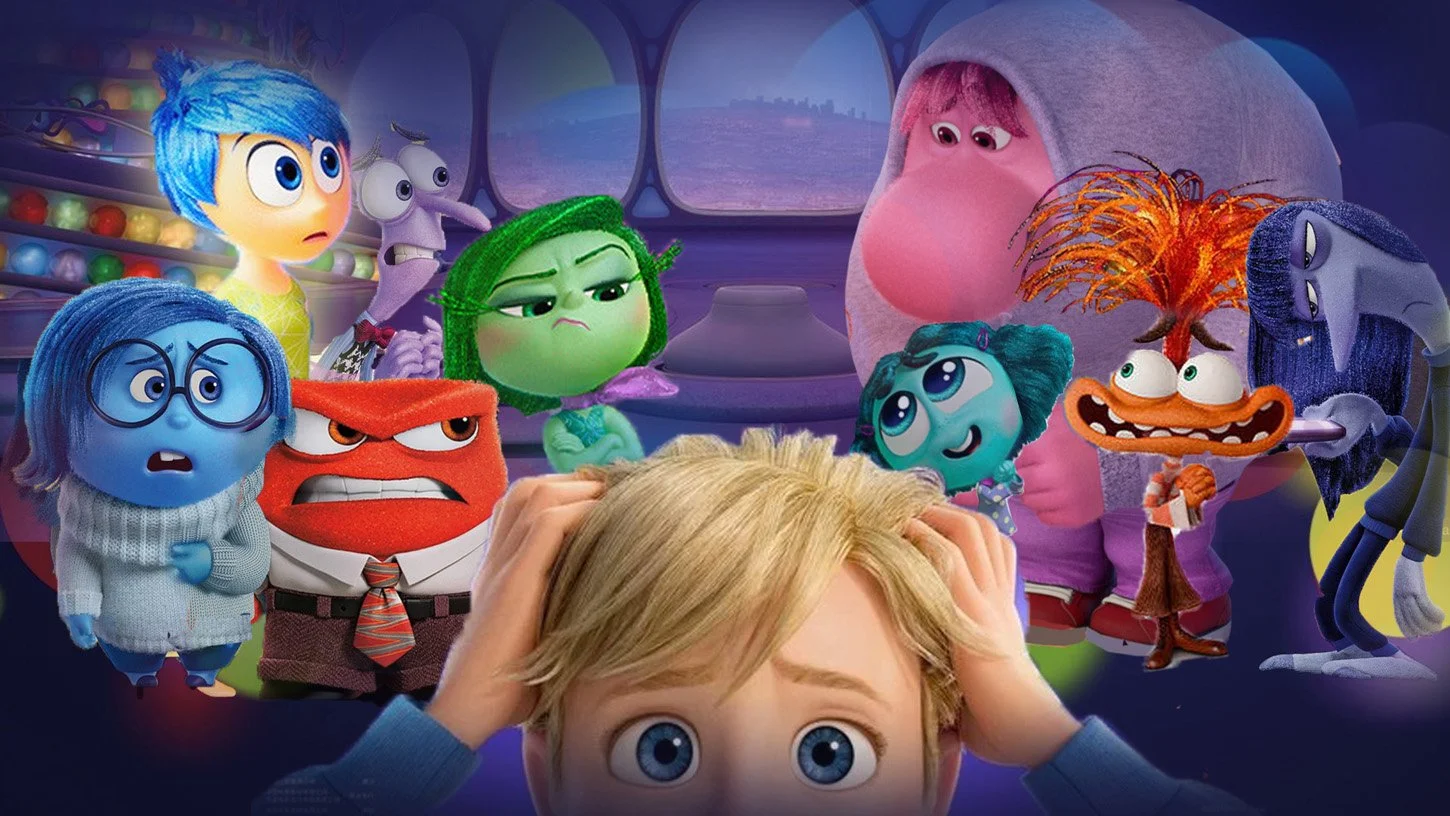By: Jessie Helmbright, PMHNP
In my role as a psychiatric nurse practitioner in Pasco County , Florida, I get to work with a lot of you as you deal with the challenges of depression and anxiety. It’s a path that can occasionally feel completely draining, stressful, and lonely. However, I want you to know that you are not alone and that you may return to a state of equilibrium and tranquility.
Talking about mental health can frequently feel abstract and difficult to understand. That’s why I think the fantastic Pixar film “Inside Out” is so valuable. It provides a kind and perceptive metaphor for comprehending the complex inner workings of our minds and the essential functions that our basic emotions—Joy, Sadness, Fear, Anger, and Disgust—all play in our overall wellbeing.
Consider this: Riley’s feelings are present in Headquarters throughout the film, impacting her decisions and ideas. Things feel burdensome and challenging when sadness takes over. Anxiety can become debilitating when fear takes over. Additionally, persistent feelings that we associate with despair and anxiety can occasionally result from an imbalance caused by one emotion being consistently dominant or dysregulated.
Our objective in treating anxiety and depression is to assist our own internal “Headquarters” in reaching a more harmonious equilibrium, much how the emotions in “Inside Out” learn to cooperate for Riley’s general well-being. Therapy and lifestyle modifications can occasionally be effective means of achieving this, assisting us in comprehending our feelings and creating coping mechanisms. We learn to accept fear without allowing it to control our lives and to listen to sadness without allowing it to devour us.
However, for some of us, the emotional dials in our “Headquarters” may remain stuck even after we’ve tried everything, including self-care and therapy. Imagine if Joy found it extremely difficult to even speak because Fear or Sadness were constantly amplified. Medication can be a very powerful weapon in this situation.
When it comes to treating depression and anxiety, medicine isn’t about “erasing” feelings or changing who you are. Rather, it usually involves gradually adjusting those emotional dials. By altering the chemical messengers in your brain, some drugs, such as selective serotonin reuptake inhibitors (SSRIs), can effectively help turn down the volume on overpowering fear or persistent sadness so that other feelings, including joy and happiness, can have a bigger effect.
Consider this: if Sadness has constructed a stronghold around Headquarters, medicine could be the soft wind that opens a window to let in light and air. Sadness is a normal and essential aspect of existence; thus it is not eliminated. However, it can make it less incapacitating and suffocating.
It can be intimidating to take the first step toward investigating medication. Concerns of adverse effects, dependence, or even a feeling of failure may arise. However, I want to reassure you that thinking about taking medicine is a courageous and proactive move for your health. It’s an act of self-compassion, acknowledging that you deserve to feel better and that our brains occasionally require a little more help to regain balance.
I always take a team-based, customized approach. As with any other health decision, we will talk about your particular experiences and emotional state before jointly weighing the possible advantages and disadvantages of medicine. In order to help you feel more like yourself while reducing the burden of anxiety and sadness, we will begin with the lowest effective dose, continuously evaluate your progress, and make any adjustments.
Remind yourself that every aspect of you is valuable and that every feeling serves a purpose. Even sadness is necessary for development and connection, as “Inside Out” reminds us. When taken carefully and sensibly, medication can help you experience your emotions in a more balanced and controllable manner without taking away from their depth.
References:
- American Psychiatric Association. (2013). Diagnostic and statistical manual of mental disorders (5th ed.).
- National Institute of Mental Health. (n.d.). Depression. Retrieved from https://www.nimh.nih.gov/health/topics/depression/index.shtml
- National Institute of Mental Health. (n.d.). Anxiety Disorders. Retrieved from https://www.nimh.nih.gov/health/topics/anxiety-disorders/index.shtml

